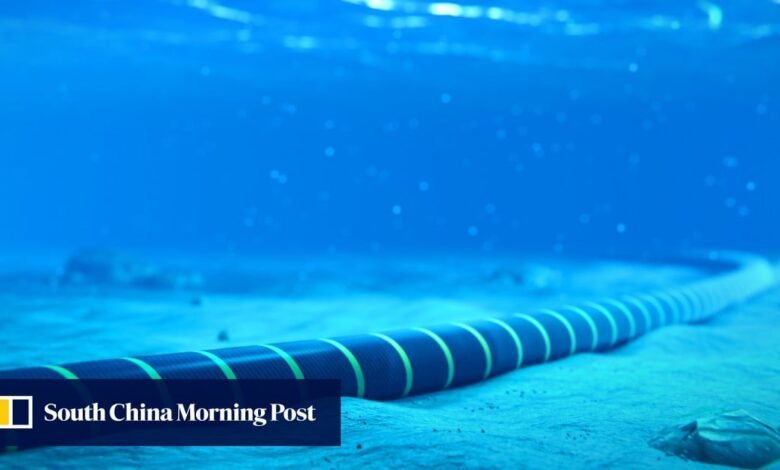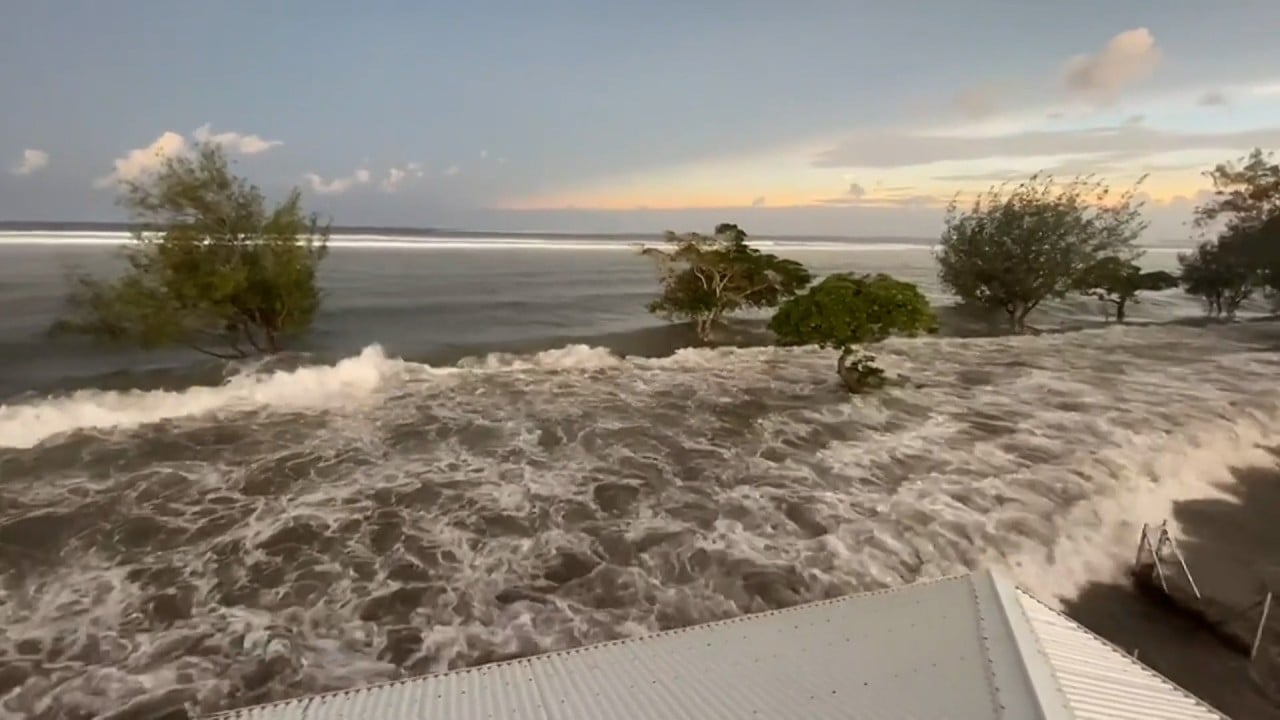US throws weight behind new undersea internet cable to rival China in Pacific

The United States is backing a new undersea internet cable connecting several Pacific islands, according to a plan for the project seen by Reuters, boosting Washington’s interests in a region where it is vying for influence with China.
The Central Pacific Cable would connect American Samoa with Guam – two US territories – and extend to up to 12 more Pacific islands, according to a document showing the cable route. Guam is home to a key US military base.
The new cable could connect the US territories with Papua New Guinea, Samoa, Tuvalu, Fiji, Nauru, Marshall Islands, Kiribati, Cook Islands, Wallis and Futuna and the Federated States of Micronesia, the plan showed.
Further funding for the project would most likely come from multilateral donors such as the World Bank and aid agencies in the US, Australia, New Zealand, the plan said.
Next battleground in US-China tech war: undersea internet cables
Next battleground in US-China tech war: undersea internet cables
Undersea internet cables typically take at least three to five years to be developed and installed. The proposed cable would stretch thousands of kilometres.
A White House fact sheet released on Monday after a meeting between Pacific Island leaders and President Joe Biden in Washington confirmed the US Trade and Development Agency would fund a US$3 million feasibility study for the cable. The statement did not state the countries involved.
This would be the first undersea cable connecting Tuvalu, a tiny nation of about 11,000 people, the USTDA said in a post on its Facebook page.
Undersea fibre-optic cables, which criss-cross the ocean floor and send 99 per cent of transcontinental internet traffic, have become a key arena of competition between the US and China, as reported in a Reuters investigation in March.
The Pacific islands, which form a vast arc to the north of US ally Australia, are strategically important for US naval movements and are home to valuable minerals and fisheries.
Last year, the Biden administration pledged to help Pacific islanders fend off China’s attempts at “economic coercion”. Beijing signed a security agreement with the Solomon Islands last year, prompting fears of a militarisation of the region.
China-friendly Solomons PM says he snubbed US summit to avoid ‘lecture’
China-friendly Solomons PM says he snubbed US summit to avoid ‘lecture’
Washington also intervened two years ago to block a Chinese company from building another subsea internet cable in the Pacific islands.
The US, Australia and Japan this year agreed to pay for and revive that project, known as the East Micronesia Cable. It will connect the Island nations of Nauru, Kiribati and Micronesia.


